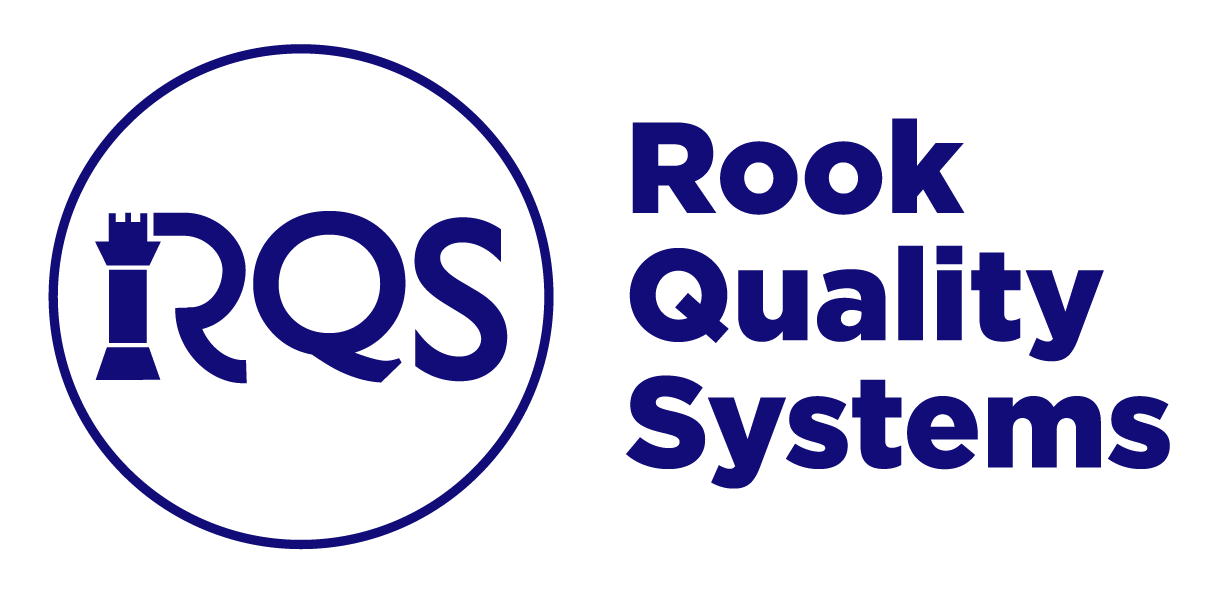Five action items to address Artificial Intelligence/Machine Learning- based SaMD
The FDA recently released an Action Plan to address Artificial Intelligence/Machine Learning (AI/ML)-based Software as a Medical Device (SaMD). The action plan is based on efforts by the FDA in the last two years in which stakeholders provided feedback to the FDA’s April 2019 document “Proposed Regulatory Framework for Modifications to Artificial Intelligence/Machine Learning (AI/ML)-Based Software as a Medical Device (SaMD) – Discussion Paper and Request for Feedback”. The goal of the FDA in these efforts was to develop, as they called it, a “Predetermined Change Control Plan” in premarket submissions that lays out anticipated modifications and associated methodology used to implement those changes that minimizes risk to patients, among other suggestions.
From the feedback received, the FDA has laid out five action items to address AI/ML-based SaMD, with the end goal of providing clear guidance to developers on how to prioritize patient safety while still utilizing this transformative technology.
-
Tailored Regulatory Framework for AI/ML-based SaMD – The FDA plans to update the proposed framework for AI/ML-based SaMD, including through issuance of Draft Guidance on the Predetermined Change Control Plan.
What does this mean? – As discussed in the article, SaMD Pre-Specifications (SPS) will be used by the manufacturer to describe what aspects they intend to change through learning, and the Algorithm Change Protocol (ACP) will describe how the algorithm will learn and change while remaining safe and effective. The draft document the FDA intends to release will propose what should be included in these two documents in order to prioritize safety and efficacy of algorithms. FDA plans to release this draft guidance in 2021.
-
Good Machine Learning Practice (GMLP) – The FDA plans to encourage harmonization of GMLP development.
What does this mean? – The FDA has actively participated in multiple efforts related to GMLP development, and intends to continue promoting this development moving forward. The GMLP efforts by the FDA will be pursued in close collaboration with the FDA’s existing Medical Device Cybersecurity Program.
-
Patient-Centered Approach Incorporating Transparency to Users – The FDA plans to hold a public workshop on how device labeling supports transparency to users and enhances trust in AI/ML-based devices.
What does this mean? – In October 2020, the FDA held a Patient Engagement Advisory Committee (PEAC) meeting centered around AI/ML-based devices to gather feedback from patients as to what factors impact trust in this technology. The FDA is still processing this feedback, and plans to hold a public workshop to share what was learned and gather further input from the broader community.
-
Regulatory Science Methods Related to Algorithm Bias & Robustness – The FDA plans to support regulatory science efforts to develop methodology for the evaluation and improvement of machine learning algorithms, including for the identification and elimination of bias, and for the evaluation and promotion of algorithm robustness.
What does this mean? – One concern with AI/ML-SaMD is how bias and generalizability can factor into algorithms and impact health care delivery. Biases present in our health care system (such as race, ethnicity, and socio-economic status) may inadvertently be introduced into algorithms. The FDA recognizes this as a crucial issue as medical devices should be well suited for a racially and ethnically diverse intended patient population. As such, the FDA is supporting regulatory science research efforts to develop methods to identify and eliminate bias in AI/ML-based medical software while also focusing on robustness and resilience of these algorithms to withstand changing clinical inputs and conditions.
-
Real World Performance (RWP) – The FDA plans to work with stakeholders who are already piloting the RWP Process for AI/ML-based SaMD to develop a framework that can be used for seamless gathering and validation of relevant RWP parameters and metrics in the real-world.
In summary, the efforts outlined above are being made by the FDA to establish a framework for evaluating AI/ML-SaMD so this revolutionary technology can be applied to healthcare in a safe, effective manner. More information directly related to AI/ML-SaMD can be found here https://www.fda.gov/media/145022/download?utm_medium=email&utm_source=govdelivery.
As this guidance continues to develop and change, RookQS is here to help your company navigate FDA requirements to in bringing your SaMD to market.
